The Colours Begin to Turn
The leaves are beginning to turn and the asters are starting bloom, making it finally feel like autumn for certain. I know some people mark the season’s start with kids going back to school or the new television programming, but in recent years I don’t truly feel like summer is over until the vegetation tells me it is. The slow change of the birds appearing at the feeder helps as well.
And this morning we got our hallmark fall visitor — a raccoon on the porch! She really picked the wrong day to go exploring; every neighbour is out in the yard enjoying the fresh air.
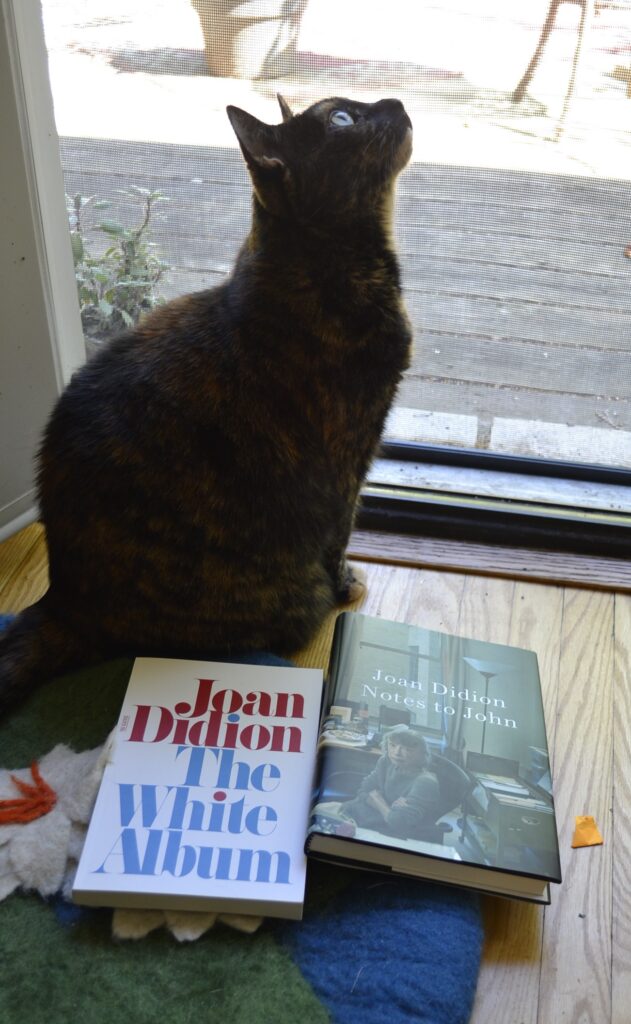
Two by Didion
This week I decided to review two books by one of my favourite writers, Joan Didion. I appreciate that her work seems to be suddenly available and back in print. I often find it on shelves and see it arriving at my local independent bookstore. That’s was the case with Didion’s collection of essays titled The White Album, originally published in 1979.
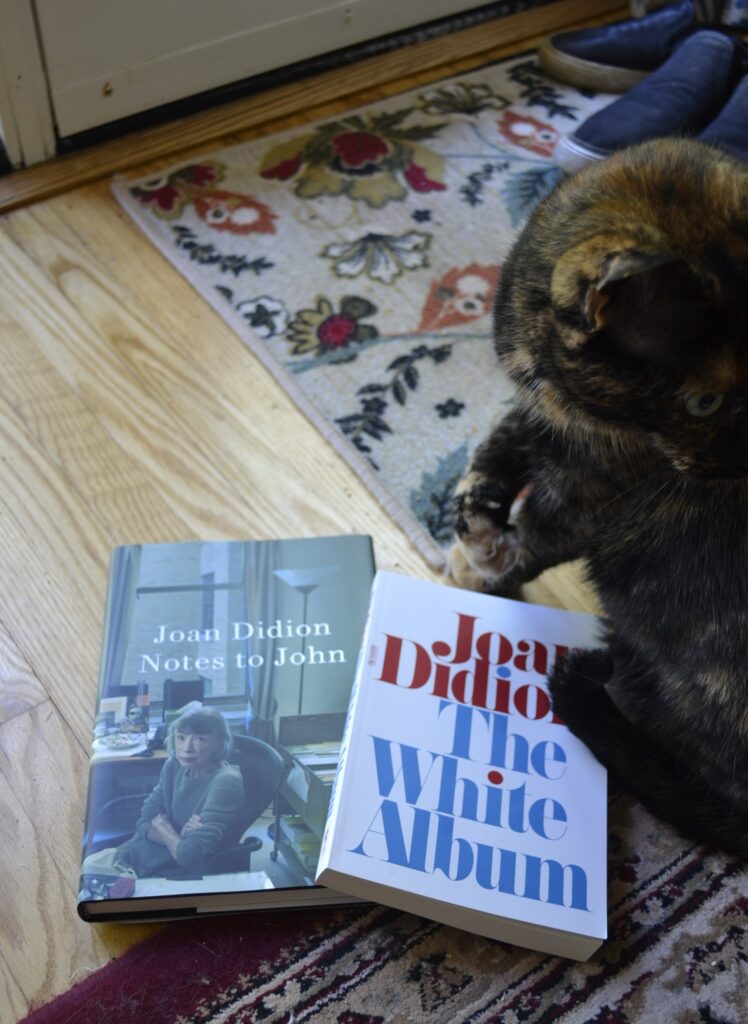
I was very pleased this year when I saw the publication of Didion’s Notes to John, which is a collection of Didion’s notes to her husband about her sessions with a psychiatrist spanning from 1999 until 2003. Didion’s essays always only border on the personal. Most of the time she only writes about herself in relation to larger concepts, events, ideas, and places. Because of that, I was very excited to read a book that would hopefully provide more insight into her life and process.
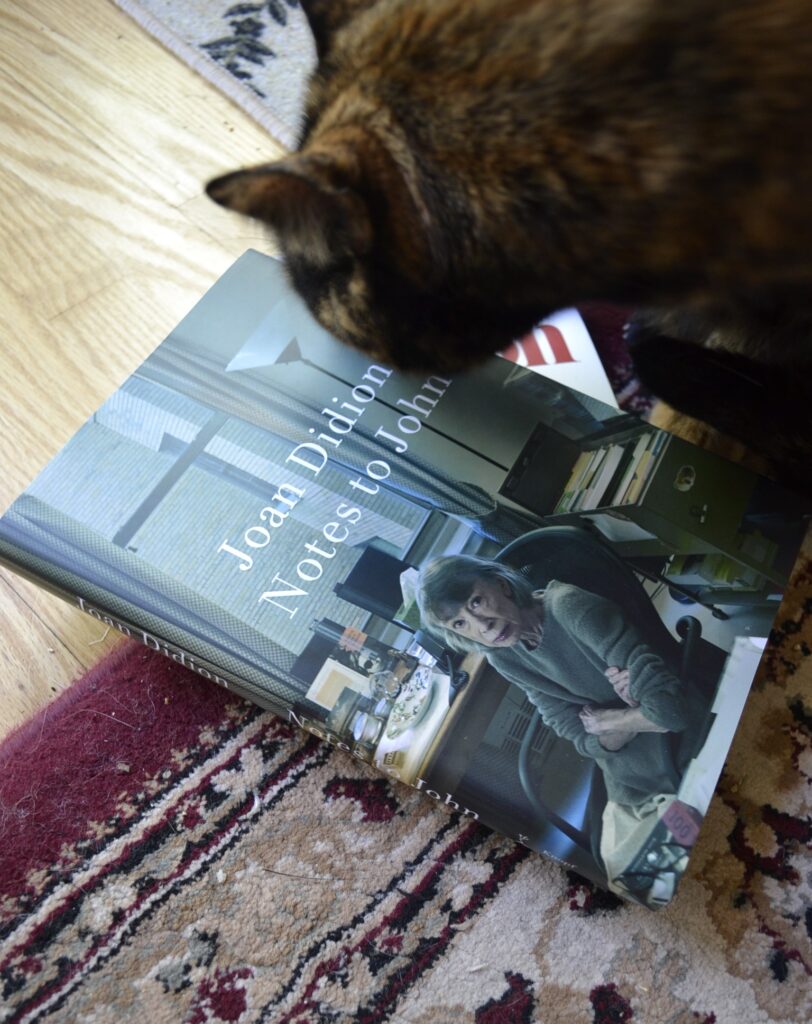
The White Album
But first, The White Album. This book is a collection of essays organized into four parts. The titular essay comprises the first part and is an inventory of her life and reporting in California in the 1960s and is broken into segments that so beautifully mimic the passing of time and the experience of looking back on a decade of one’s life.
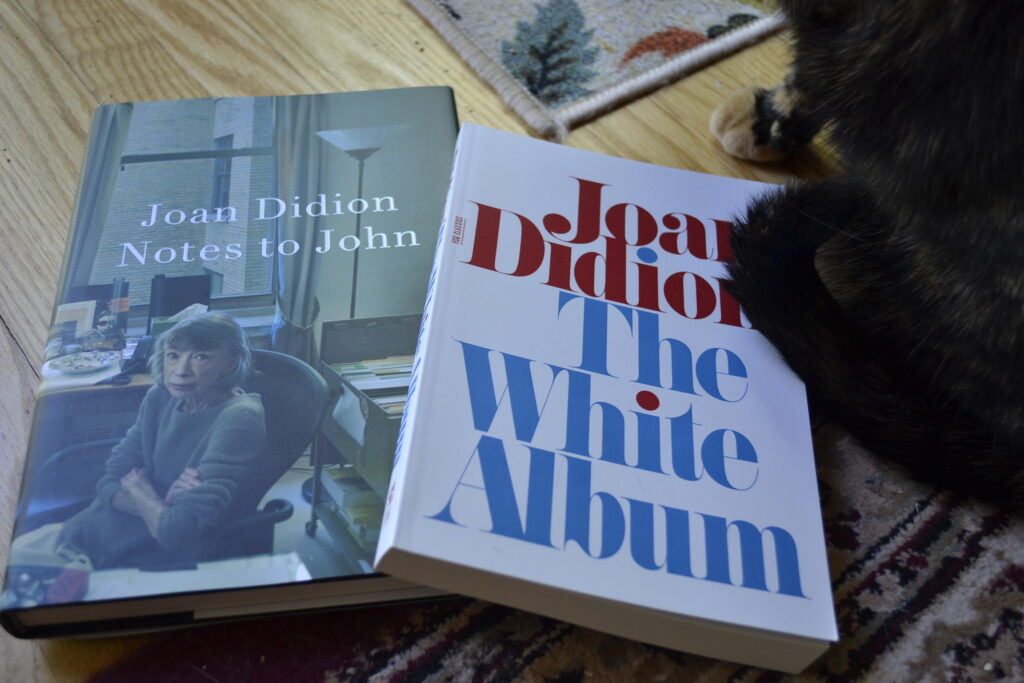
The second part has essays about California, including one on the meaning of water there (‘Holy Water’) and the governor’s residences (‘Many Mansions’). The third part contains essays about the Women’s Movement of the 1960s and 1970s as well as writer Doris Lessing, and artist Georgia O’Keefe. The fourth part is a sample of Didion’s travel writing, and the final part is beautifully titled ‘Morning After the Sixties’. It has two essays that nearly mimic the titular essay and have the same reflective quality as Didion prepares to move out of California.
I love Didion’s fiction as well as her non-fiction work, but I think it’s in her essays that she truly shines as a writer.
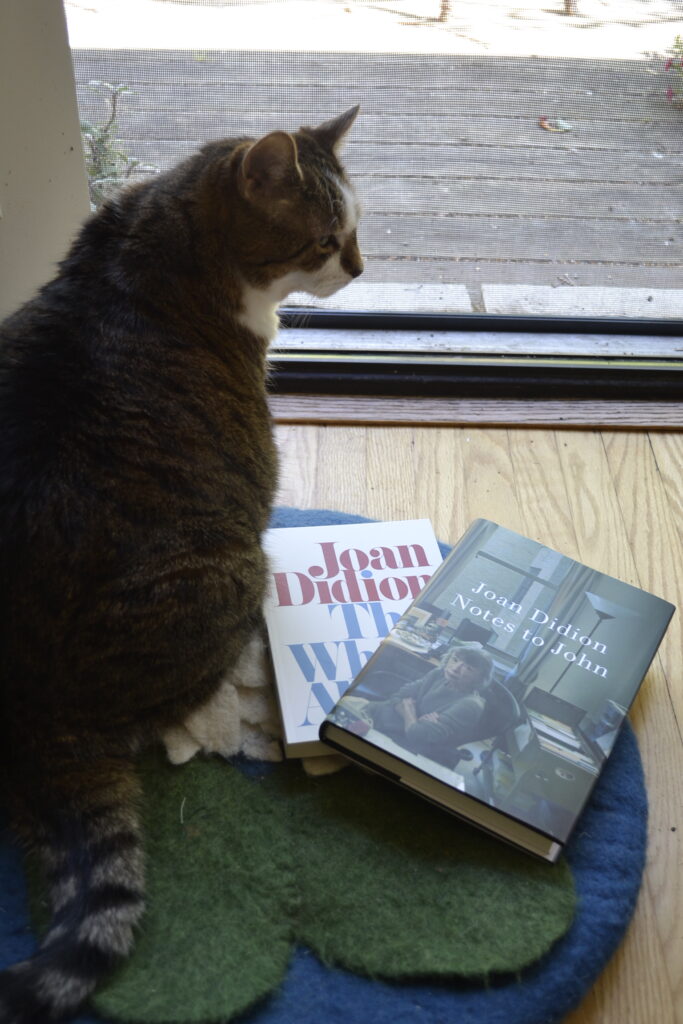
Notes to John
Didion originally sought out Dr MacKinnon partially because her daughter, Quintana, was also in therapy and was battling an addiction to alcohol and she had asked Didion to talk to someone. Didion, by her own statement, had had a rough few years and welcomed the help. In her notes to her husband, John Gregory Dunne, the sessions unfold as she speaks about her childhood, her worries over her daughter, as well as feelings on her own aging and mortality.
I was particularly drawn to how she talks about her writing and about her work as being essential to her esteem and her well-being. She needs to work to feel like herself and she needs to read and write to make her feel like she’s functioning and can function. I know I need to read daily in order to feel calm and in order to be able to sleep at night. Reading and writing feel that essential to my day-to-day too, and it was incredible to read that one of my favourite writers felt the same way.
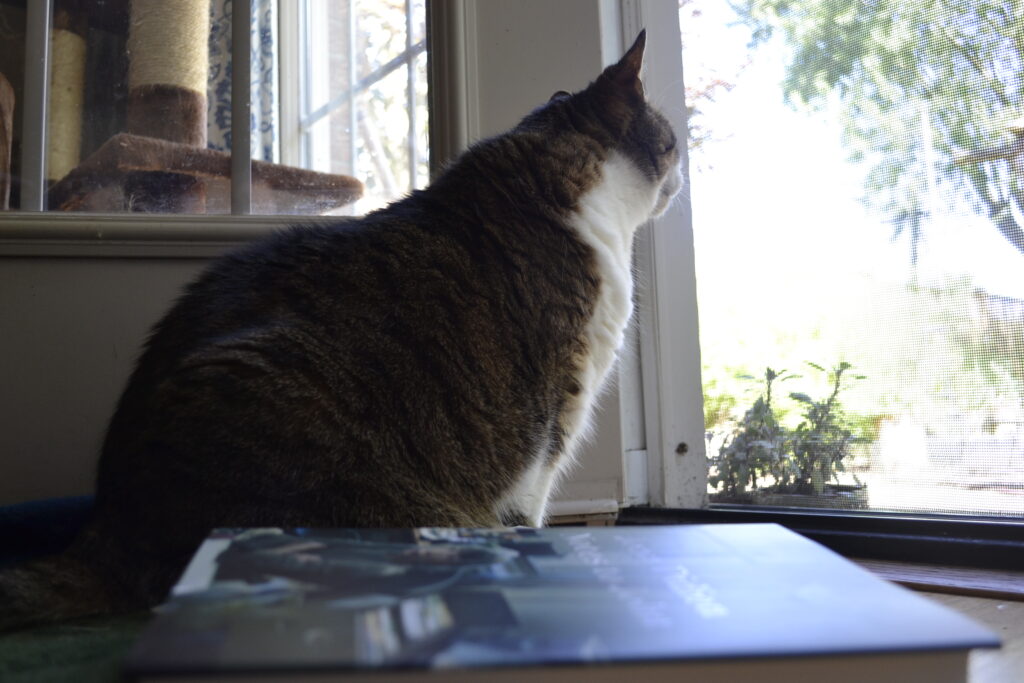
Some Kind of Prayer to Fate
A lot of happiness this week combined with a lot of difficult things. Despite our schedule being completely upended, Wesker’s weight held steady which I am extremely grateful for. However, the chores have piled up and problems do not give one any breaks. Other than a raccoon visitor that we will need to gently encourage to move along, we have a list of small tasks that need to be dealt with. And I need to somehow stop my brain from already panicking about our work vacation ending next week. I am hoping that life will somehow give me a bit of room to breathe and settle back into routines.
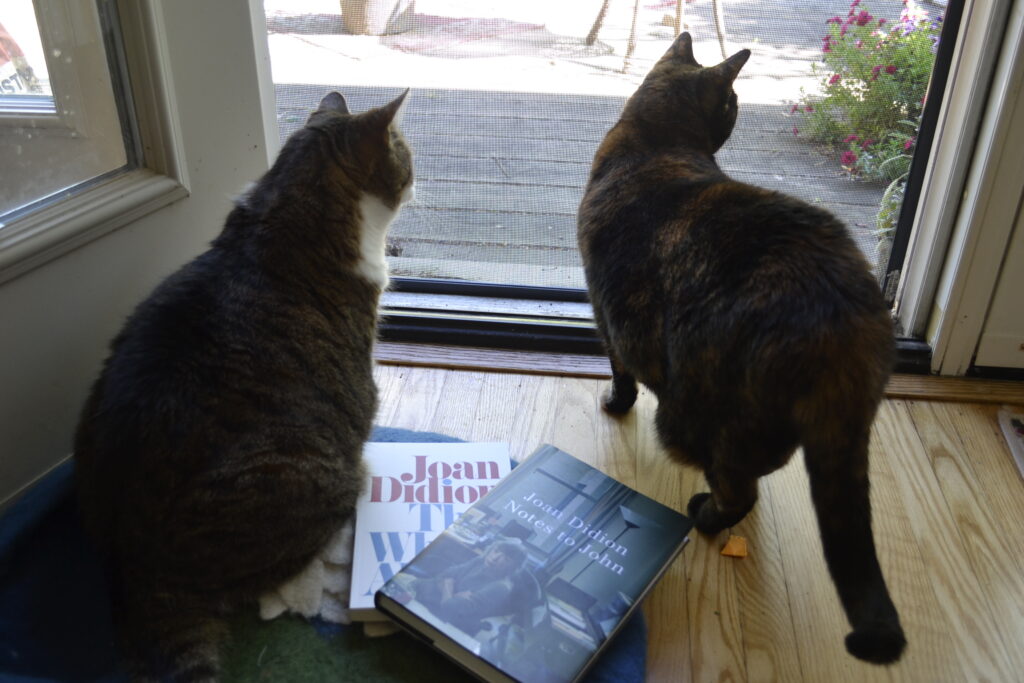
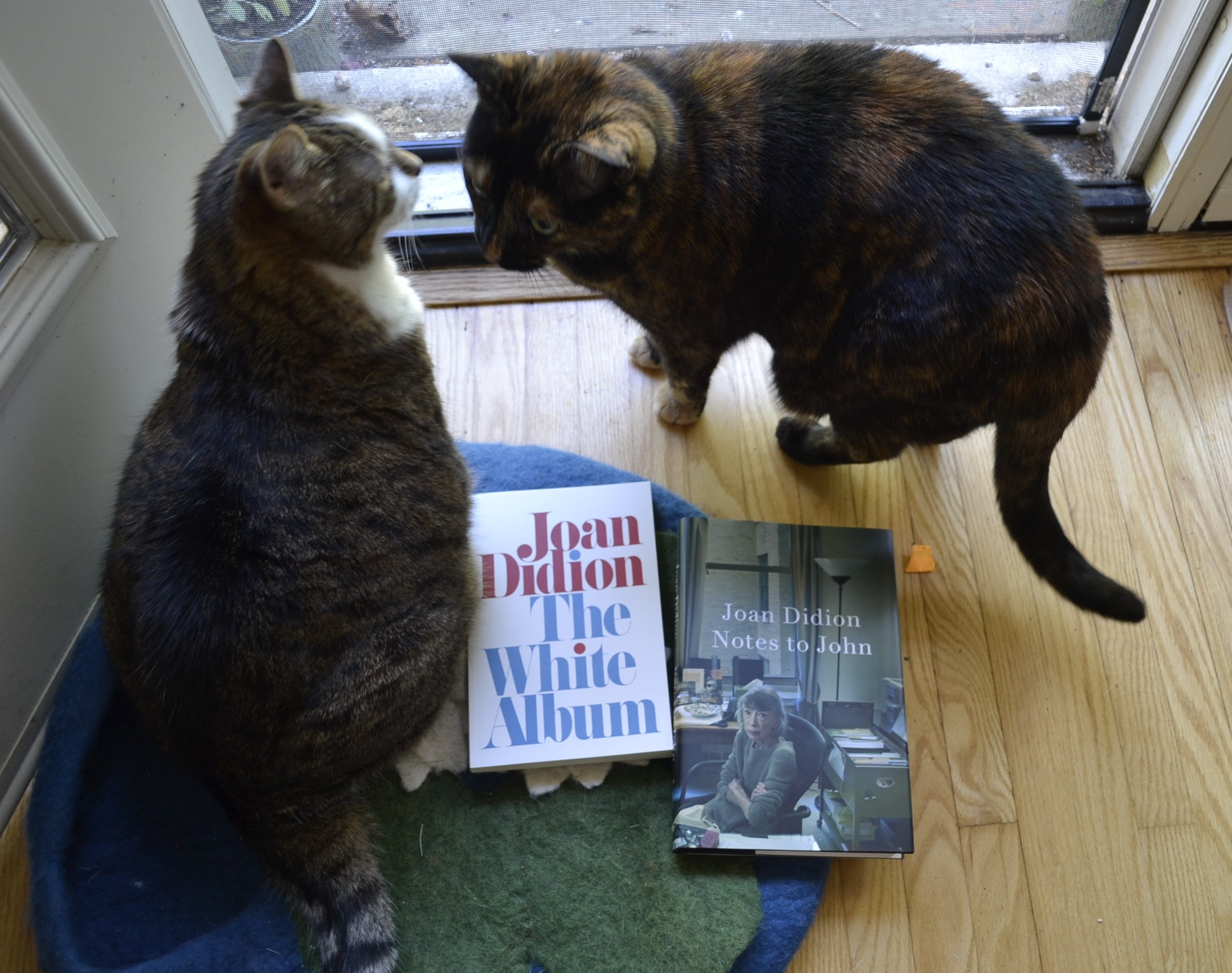
[…] ← The White Album and Notes to John […]